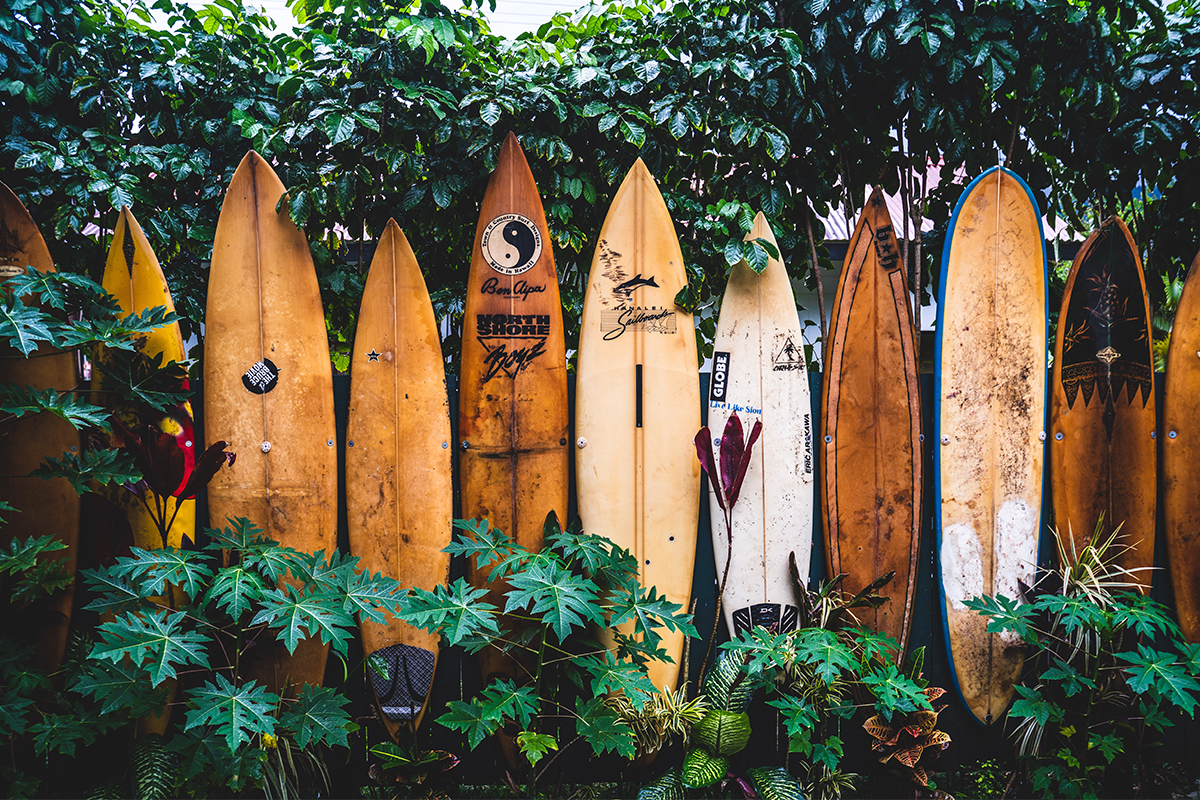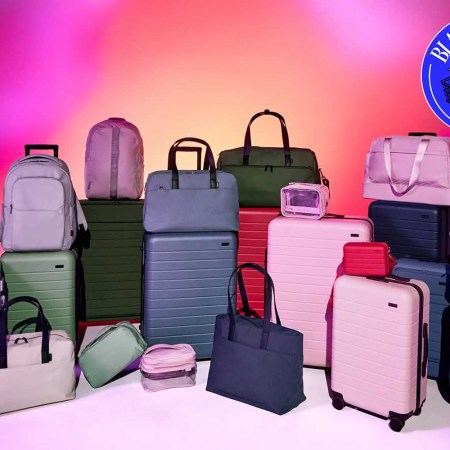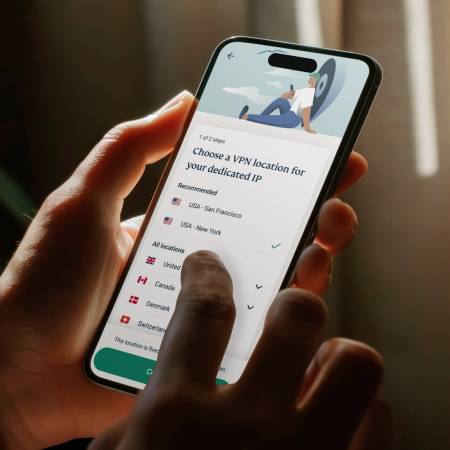This year has already witnessed the rise of the “digital nomad visa,” as tourism boards and immigration agencies in select countries — like Bermuda and Iceland — have teamed up to make extended working vacations a legitimate possibility for remote workers in desperate need of different scenery.
But Americans don’t necessarily have to look past the country’s borders. There are temporary resident programs springing up across the nation, in communities eager to welcome newcomers and the paychecks they’ll bring along with them. Just this week, a team of leaders in Hawaii’s business community launched Movers and Shakas, an initiative intended to bring relief both to the 50th state’s struggling economy, and to beleaguered workers on the mainland, exhausted from a long year and now bracing for a long winter.
The concept is pretty simple: Americans who don’t currently live in Hawaii can apply to work remote on the islands for an extended period of time (anywhere from 30 days to a year). If Movers and Shakas approves the application, they will pay for the round-trip flight, provide discounts for stays at hotels or short-term rentals, and assist the remote worker in finding a reliable co-working space. The deadline to be chosen for the first batch of 50 Movers and Shakas is December 15.
There’s a delicate balance at play here; the founders of this program are essentially looking for ways to get high-salaried, suddenly office-less employees from New York or Los Angeles to spend some time getting to know Oahu — and spend some money while doing so. According to Movers and Shakas, just one participant in their program can provide 50 times the spending power of a single tourist. Before the pandemic, The New York Times published a piece about rampant overtourism on the islands, how it was leaving the needs of locals behind in deference to in-and-out visitors. But this sort of boilerplate, where the tourists moonlight as locals, could be a more sustainable solution.
The key, though, is making sure Movers and Shakas participants understand where they are. All applicants have to take the Pledge To Our Keiki, which acknowledges the responsibilities inherent to living in Hawaii: respecting the legacies of indigenous communities, sharing wealth with the community, protecting the environment, living with aloha in your heart. To that end, Movers and Shakas plans to pair each member of its first “class” with an area nonprofit for at least 15 hours each month.
All told, it’s a good, proactive idea, and one that allows Hawaiian officials to get an early read on how remote workers might affect the economy, before the wave rolls in over the next decade anyway. (Even post-pandemic, remote work is firmly here to stay.) There are some concerns about this program, of course. They’re all over the place. Some native Hawaiians have expressed concern that the founding body doesn’t include any indigenous members. Others are worried new renters could drive prices up. Meanwhile, it’s unclear how viable the program would be for workers on the East Coast. Hawaii is five hours behind (currently), so if your day starts at 9 a.m. in New York, you’d have to be up at 4 a.m. in Honolulu.
Not to mention — there’s still a pandemic going on. Free flight or not, relocating to Hawaii right now might not be on the top of somebody’s list. For the time being, though, Hawaii has the lowest cases per capita of any state in the country. Find more information here.
Thanks for reading InsideHook. Sign up for our daily newsletter and be in the know.

















